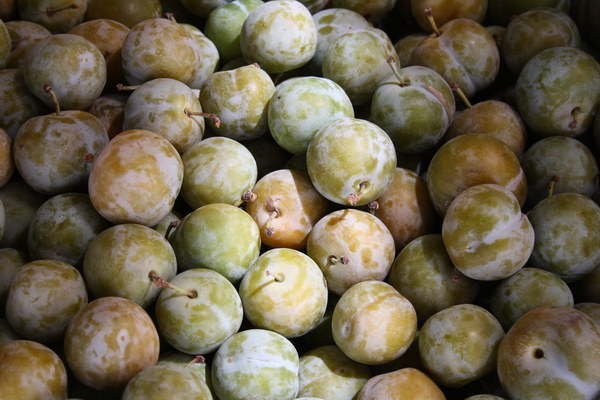Is it Dandelion or Dandelion Root for Liver Health
In the vast world of natural remedies, dandelion has long been hailed as a powerhouse of health benefits. But when it comes to liver health, the question arises: should we rely on the dandelion itself or its root? This article aims to shed light on the topic, exploring the potential liver-boosting properties of both dandelion and dandelion root.
Dandelion, scientifically known as Taraxacum officinale, is a well-known herb with a rich history of traditional usage. It is native to Europe and Asia and has been used in various cultures to treat a variety of ailments. The entire plant, including its leaves, flowers, and roots, is considered beneficial for health, but the question is, which part of this versatile herb is most effective for liver health?
The liver is a vital organ responsible for filtering toxins from the bloodstream, producing bile, and metabolizing nutrients. Therefore, maintaining liver health is crucial for overall well-being. Let's delve into the potential liver-boosting properties of both dandelion and dandelion root.
Dandelion leaves are rich in vitamins A, C, and K, as well as minerals like potassium, iron, and calcium. These nutrients play a significant role in supporting liver health. Vitamin A is essential for the liver's detoxification process, while vitamin C helps in the production of glutathione, a powerful antioxidant that protects the liver from oxidative stress. Potassium and calcium are involved in maintaining the liver's electrolyte balance, further aiding in its proper function.
In addition to these nutrients, dandelion leaves contain compounds like chlorogenic acid, which has been shown to exhibit anti-inflammatory and anti-cancer properties. This may help reduce the risk of liver inflammation and liver cancer, two common liver-related conditions.
However, dandelion leaves alone may not be the most effective option for liver health. This is where dandelion root comes into play. Dandelion root is rich in a variety of compounds, including bitter substances, which have been found to stimulate the production of bile. Bile is essential for the digestion and absorption of fats and the elimination of waste products from the body. An adequate bile production can help in the breakdown of toxins and improve liver function.
Moreover, dandelion root contains a compound called taraxacerin, which has been shown to have a protective effect on liver cells. It helps in preventing liver damage caused by alcohol, drugs, and other toxins. This protective effect is due to the root's ability to increase the production of glutathione, which, as mentioned earlier, is crucial for liver health.
While both dandelion and dandelion root offer potential liver-boosting benefits, it is the dandelion root that stands out as the more effective option. This is because the root contains specific compounds that are not found in the leaves, such as taraxacerin and bile-stimulating substances.

However, it is essential to note that while dandelion and dandelion root may be beneficial for liver health, they should not replace conventional medical treatment for liver conditions. It is always best to consult with a healthcare professional before starting any new supplement or treatment.
In conclusion, when it comes to liver health, dandelion root appears to be the more effective option compared to dandelion leaves. Its unique compounds and bile-stimulating properties make it a valuable herb for supporting liver function. Incorporating dandelion root into a healthy lifestyle, along with proper medical care, can help maintain a healthy liver and contribute to overall well-being.









